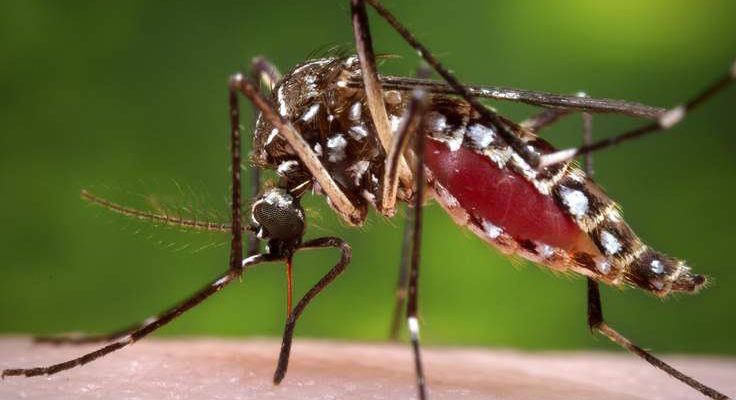The health authorities have warned the fertile women to avoid getting pregnant as the mosquito-borne Zika virus continues its rampage through South and Central America.
The health officials have advised women to delay pregnancy for the next two years to avoid passing on the virus to their children. Those who have been pregnant should take preventive measures in order to reduce the risk of mosquito bites.
More than 5,000 cases of Zika virus were detected in El Salvador in 2015 and the first few days of this year. According to official figures, nearly 100 pregnant women contracted the virus but so far none have given birth to a baby with birth defects.
“We’d like to suggest to all the women of fertile age that they take steps to plan their pregnancies and avoid getting pregnant for the next couple of years,” said Eduardo Espinoza, the vice-minister of public health.
The mosquito-borne virus is spreading so rapidly in Brazil and neighboring countries. Since the outbreak in April 2015, Brazil have recorded the highest Zika infection rate while Colombia came second on the list. The South American nation of Brazil documented more than 3,500 cases of microcephaly since October last year.
The Colombian government has also warned women to postpone their motherhood but only for six to eight months. Moreover, the pregnant women should avoid traveling to over a dozen countries in the Caribbean and Latin America due to the single-stranded RNA virus.
Recently scientists detected genetic material of Zika virus in the placenta of a woman. She had undergone an abortion due to the fetus microcephaly in the state of Parana, Brazil. The detection of Zika virus in the placenta proved that it is capable to pass the placenta.
Zika virus, which is transmitted by Aedes mosquitoes, causes a mild illness with fever, maculopapular rash, joint pain and conjunctivitis known as Zika fever or Zika disease. In pregnant women, it can spread to the fetus and cause microcephaly, brain shrinkage that severely limits intellectual and physical development.
The virus belonging to the Flaviviridae virus family was discovered in 1947 in the Zika forest of Uganada. IMAGE/Skynews

Leave a Reply